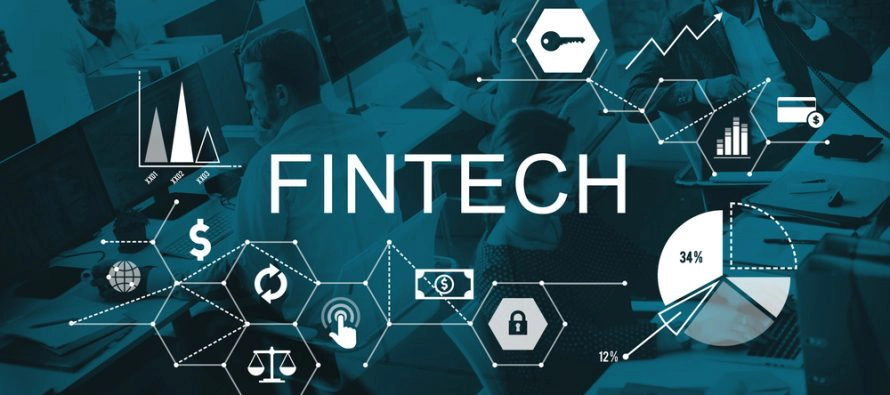
FINTECH INDUSTRY
The term Fintech (Monetary Technology) refers to software and other modern technologies used by businesses that provide automated and improved monetary services. The fast and innovative progress such as Mobile Payments changed the way we manage our money. Tech-savvy customers, especially millennials expect money transfer, lending, loan management, and investing to be effortless, secure, and scalable, ideally without the assistance of a person or the visit of a bank.
Established bank products find themselves increasingly displaced and for both businesses and customers banking has largely become more convenient, efficient, and ease of access. In contrast to traditional banks, FinTech startups operate flexibly and fast when it comes to implementing new services based on changing demands.
Hallmark examples of FinTech in our daily life are Mobile Payment apps, Cryptocurrency, and Blockchain like Bitcoin and Gemini. In the future, the range of FinTech services is predicted to transform the market even more with AI and machine learning and will make FinTech products an integral part of our digitalized life.
Latest Developments in FinTech
FinTech began to flourish in the 1990s when the Internet and e-commerce business models arose and in the following decade banking in most parts was already completely digitalized. The Global Economic Crisis in 2008, in which many people lost their trust in traditional banking systems, security and transparency has become more important than ever. This shifting mindset and the technology of cloud computing made it possible to invent new customized solutions and standard procedures such as providing access to banking profile, payment and transfer of money with automatically converted currencies. Due to regulation and high expectations on the customer’s side FinTech companies’ main goal is to create services and implementations with long-term potential.
The primary means by which people access the web and make use of different monetary services is the smartphone equipped with mobile banking apps and digital wallets such as Google Wallet and Apple Pay. According to Statista (official German statistic service), the mobile payment market might exceed $1 trillion in 2019.
Benefits
Apart from making banking more accessible and rapid, the technological innovations’ influence reach is very diverse.
FinTech enhances relationships directly with customers through the launch of Crowdfunding Platforms. It allows small businesses, entrepreneurs, charities, and artists to receive support without raising money from conventional investors.
Social change is another chief promise that many Fintech firms, especially in the global south, aim to reach by taking into account demographic and social needs. People in developing nations are now granted access to microfinance and digital lending platforms. Regions in Africa, Asia, and India, areas with large numbers of people who were disadvantaged by traditional banks, are now enabled to use payment services.
Fintech also leads to a disruption of the insurance industry (InsureTech) including everything from online policy handling, data protection and providing tailored insurances.
Robo-advising has disrupted the asset management sector by providing algorithm-driven recommendations and customized portfolio management which does not necessarily demand human supervision.
The guts behind monetary technology vary from project to project, application to application. Some of the newest advances, however, are utilizing machine learning algorithms, blockchain, and data science to do everything from process credit risks to run hedge funds. In fact, there’s now an entire subset of regulatory technology dubbed “regtech” designed to navigate the complex world of compliance and regulatory issues of industries like you guessed it, fintech.








